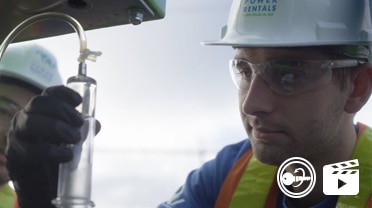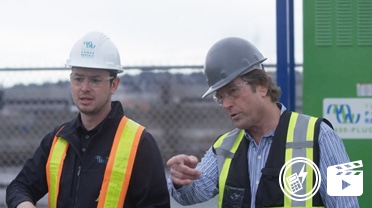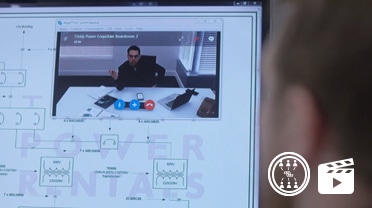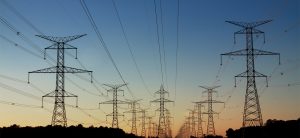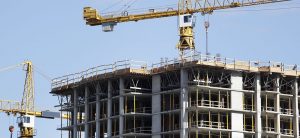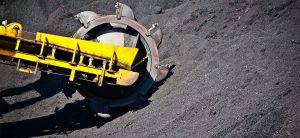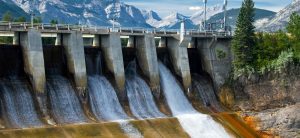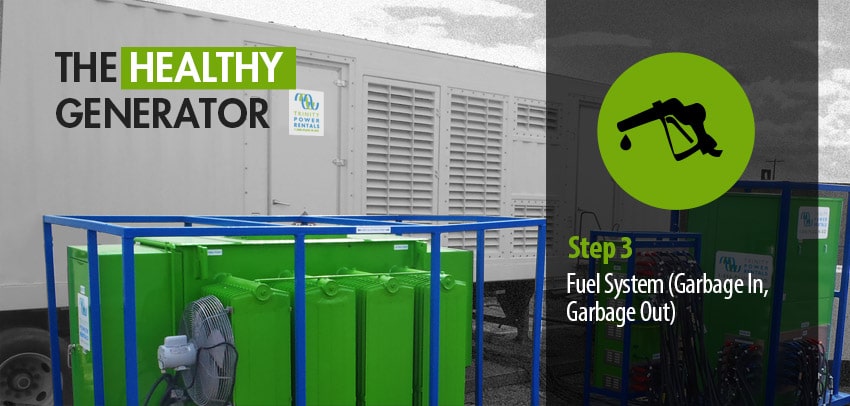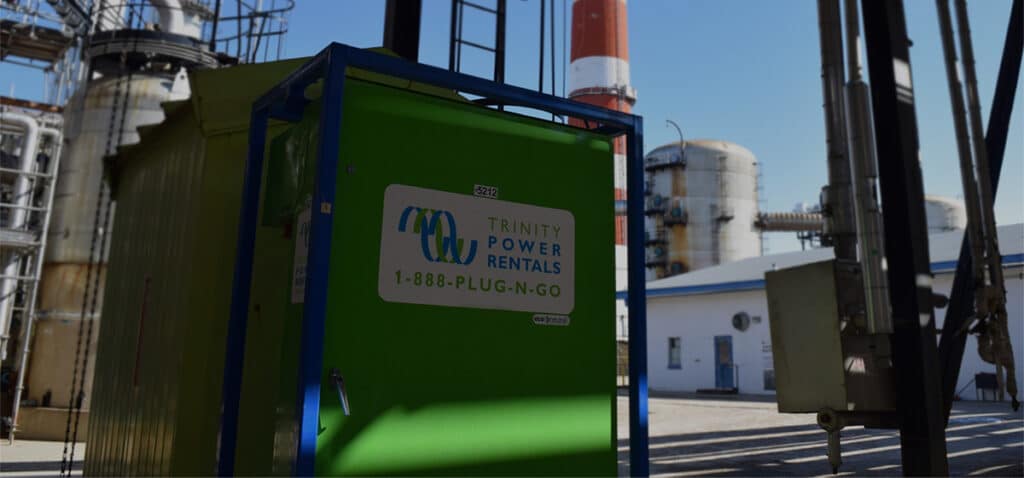- OUR APPROACH
-
COMMITTED TO YOUR SUCCESS
Our approach, developed over decades of experience, is fine-tuned to get the results you want.
We deliver concept-to-completion solutions, designed by temporary power specialists with access to the largest inventory of high-quality power generation and distribution equipment in North America.
-
- Equipment
-
RENTALS
From a wide range of diesel and natural gas generators to transformers, cable, light towers and more, our large rental fleet and extensive vendor network ensure we’ll have the temporary power equipment that your project requires — every time.
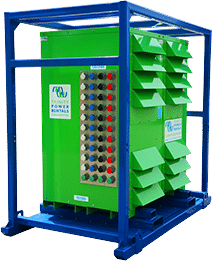
-
- Industries
-
INDUSTRIES WE SERVE
For nearly 20 years, we have been at work powering projects across Canada’s industrial sectors.
Select from this sampling of industries to learn how we can put our expertise to work for you.
VIEW ALL- Projects
- About
-
A PROUD HISTORY. A BRIGHT FUTURE.
From our inception in 1998, we have been building our team on a foundation of excellence. Our team members’ passion, expertise and commitment are what have allowed us to grow into a national company with projects across Canada.
Click on the links to learn more about our history, our team or our career opportunities.
- Blog
- Contact
-
With over 20,000 runway movements and 1.6 million passengers coming and going in February alone, the Vancouver International Airport sees a lot of air traffic.
Fueling that air traffic is no small feat. Currently, fuel arrives at the airport by two means: a 45-year-old pipeline that runs through Richmond, from Burnaby, and a steady stream of tanker trucks from Washington state, up to 40 tanker trucks a day to be exact. As the airport grows, the need for tanker trucks will grow with it. One new flight a day from Asia would require an additional 800 fuel truck deliveries a year.
It is clear that this is neither the most sustainable nor the most efficient method of getting fuel to planes.
Project Overview
Having received federal and provincial environmental approval in 2013, the Vancouver Airport Fuel Facilities Corporation (VAFFC), a consortium made up of the major airlines that service YVR, is currently building a fueling system. This system includes a marine terminal on the south arm of the Fraser river a fuel receiving facility on Port of Vancouver land adjacent to the terminal and a pipeline that will run 13 km underground to YVR.
Construction
Construction of all three components of the system was slated to begin by the end of last year or early this year, though permitting is still ongoing.
On April 3, 2017, the VAFFC received technical approval from the Oil and Gas Commission to begin work on the pipeline and marine terminal.
The construction of this terminal includes seismic upgrades to an existing dock as well as shoreline rehabilitation allowing for off-shore mooring structures to be built.
Trinity Power has supplied a temporary unit substation to Houle Electric Ltd., the electrical contractor on site. This substation is connected to the BCH grid at 25kV and supplying 600V distribution for the construction process.
The fuel receiving facility is being constructed in two phases, beginning with ground improvement. Ground densification is currently ongoing, while the construction of tanks and foundation is expected to begin this month or next.
Pipeline construction will make extensive use of directional drilling to avoid disrupting land and marine traffic.
Moving Forward
The project has received some pushback from the City of Richmond over concerns about the impact to farmland and a nature reserve. The city also protested what it considered a lack of consultation and tight timelines.
Despite these objections, the project is moving forward, and is expected to be completed in Spring of 2018.
Related Articles
Subscribe for access to exclusive content


